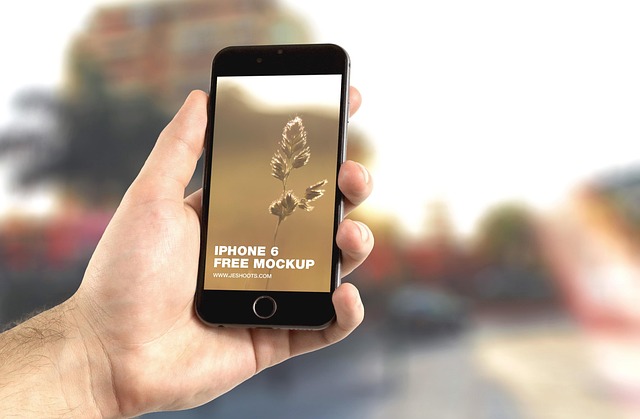Teen drivers in West Virginia face significant challenges from distracted driving due to smartphone use. The state has responded with strict Do Not Text Laws, banning texting and non-emergency handheld calls while driving, aiming to reduce accidents and promote safer roads. Despite these laws, accidents remain prevalent, leading advocates to push for stricter measures, including increased fines and license suspensions, along with educational campaigns targeting parents and schools. Do Not Text Lawyers and Spam Call law firms in West Virginia assist individuals in navigating these regulations, ensuring compliance and safety on the roads.
“In the world of teen driving, where distractions pose a significant risk, West Virginia is considering stricter electronic device restrictions. With a focus on curbing accidents linked to smartphone use behind the wheel, this article explores ‘Do Not Text’ laws and their potential impact.
The current landscape highlights alarming statistics, prompting discussions on enhancing existing rules. We delve into the proposed legislation, its safety-first approach, and how it aligns with successful initiatives in other states. Additionally, we examine the implications for teen drivers and the role of specialized law firms, including Do Not Text Lawyers in West Virginia, who navigate these evolving legal landscapes.”
The Current Landscape of Teen Driving and Distractions
In today’s digital era, teen drivers face a unique set of challenges when it comes to staying focused on the road. With constant access to smartphones and other electronic devices, the temptation to text, make calls, or surf the web while driving is ever-present. This behavior has led to an alarming increase in distracted driving accidents involving teenagers. West Virginia, like many states, has recognized this growing problem and implemented strict laws to curb the use of electronic devices behind the wheel. The Do Not Text Lawyer West Virginia and similar law firms play a crucial role in educating young drivers and enforcing these regulations.
The current landscape reveals a concerning trend where distractions caused by mobile devices have become a leading cause of accidents among teen drivers. This has prompted West Virginia’s Spam Call law firm to advocate for stricter Do Not Text Laws West Virginia. Such laws not only ban texting while driving but also make it illegal to make or receive calls on handheld devices unless in an emergency. By holding teens and adults accountable, these measures aim to foster a culture of safe driving and reduce the risk of accidents caused by distracted behavior.
– Statistics on teen driving accidents and distractions
Teen driving accidents in West Virginia have highlighted a growing concern: the dangers of distracted driving. According to recent studies, teen drivers are at a higher risk of being involved in crashes due to the use of electronic devices while behind the wheel. In fact, statistics show that around 38% of all teenager fatalities in motor vehicle accidents are related to distractions, with a significant portion attributed to texting or making calls. This alarming trend has led many states, including West Virginia, to implement stricter laws aimed at curbing this behavior.
The Do Not Text Laws in West Virginia are designed to combat the growing issue of driver distraction. These laws not only restrict the use of electronic devices while driving but also carry severe penalties for violations. A “Do Not Text Lawyer” or “Do Not Text Attorney” in West Virginia can guide individuals through these new regulations, ensuring they understand their rights and responsibilities. By being aware of these laws and their consequences, teens can stay safe on the roads and avoid becoming part of distressing statistics, thus reducing the need for a lawyer specializing in these new spam call-related laws.
– Existing laws and their limitations in West Virginia
In West Virginia, current laws regarding electronic device use while driving aim to mitigate distractions but often fall short. While it is illegal for teen drivers to send or read text messages while behind the wheel under the Do Not Text Laws West Virginia, penalties are relatively mild. This has led to a persistent problem, as statistics show that texting and driving remains a significant cause of accidents involving young motorists. Existing laws also do not adequately address other forms of digital distractions, such as using social media or playing games on smartphones, which can divert a driver’s attention just as severely.
The limitations of current regulations have prompted calls for stricter measures. Many advocates argue that tougher penalties, including steeper fines and potential license suspensions, are necessary to deter teen drivers from engaging in dangerous behavior. Additionally, there’s growing support for legislation that mirrors the “Do Not Call” lists used by law firms, creating a statewide database of registered devices that drivers can choose to restrict from contacting them while they’re on the road. Engaging parents and schools in education campaigns about the dangers of distracted driving is also seen as a crucial complement to stricter laws, aiming to foster a culture where electronic device use is off-limits while operating a vehicle.






